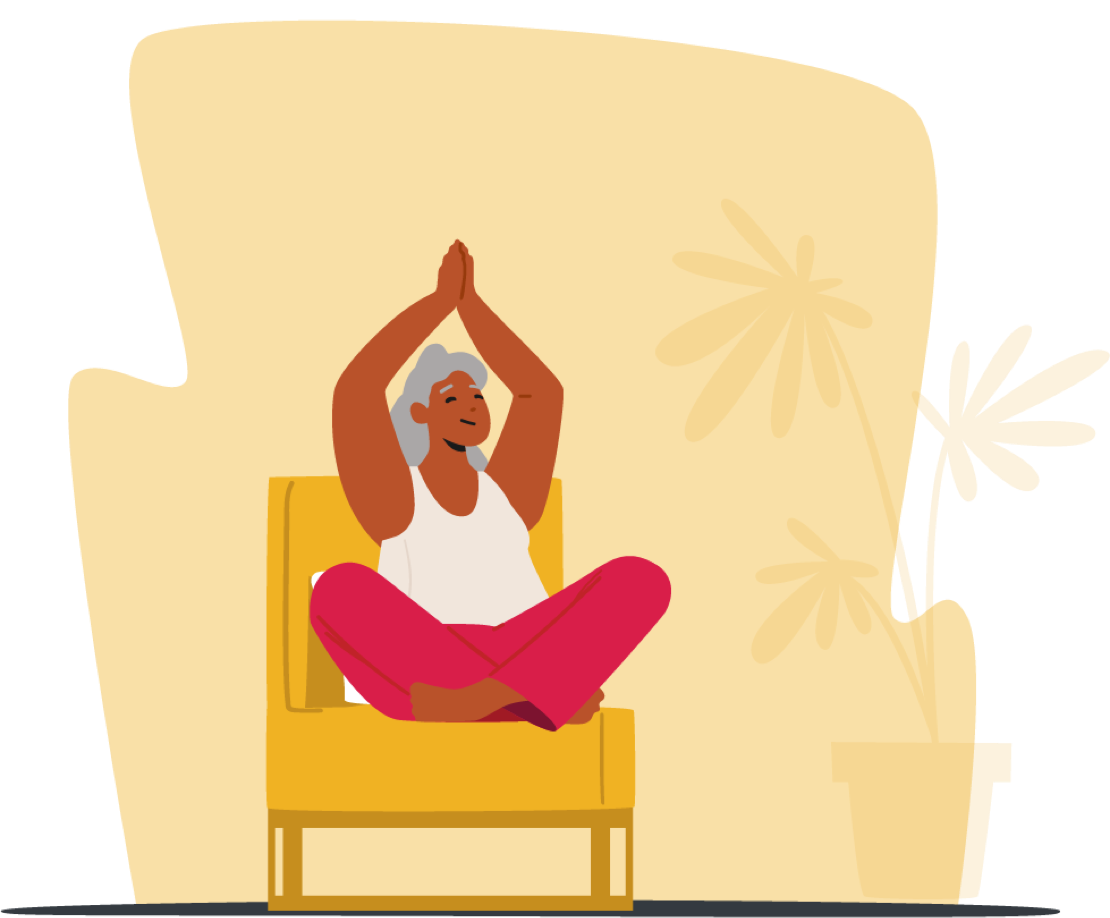My loved one is living with AML
After your loved one has had their treatment for AML, contact with the doctors and nurses will start to reduce. This is a normal process and shows that your loved one is doing well.
Despite this decrease in contact with the medical team being totally normal, it may leave you with an increased sense of worry. For example, you may feel that it is now your responsibility to ensure that your loved one stays well.
Please know that this is not the case. Of course, you have a vital role to play, but your loved one is still under the care of their doctor. They would have regular check-ups, and you could still contact the clinic during office hours for enquiry. If your loved one has any symptoms that concern you, do not wait for their next appointment, contact the hospital or go to the emergency immediately.
It's essential to take care of yourself


Even though you are not the patient, this can be a very overwhelming time. But you do not have to go through this alone. There is a huge amount of help for those supporting friends and family with acute leukaemia. Ask your loved one’s doctor and nurses for available support services that would be beneficial for your caregiving journey.1
As much as your loved one needs to get back into a routine at home, it is equally important for you. Neglecting your own wellbeing would not be helpful for both of you in the long run. So here are some tips on how you can care for yourself at this difficult time:

1. MINDFULNESS
Focusing on the ‘here and now’ is an effective way to calm the mind and increase overall wellbeing.2
2. EATING WELL
A healthy balanced diet can improve mood, and even protect against depression.3
3. STAYING ACTIVE
Incorporating activity into your daily routine can aid with sleep and improve overall mood. Recognize signs of caregiver burnout and get respite when needed.1
4. GETTING SUPPORT FROM FAMILY AND FRIENDS
It takes a village to care for a patient with AML. Do not hesitate to ask for additional support from family and friends. Setting up a schedule to take turns for caregiving duties can be helpful too.
You may also want to unburden yourself of some thoughts and feelings that are weighing on you. Speak with someone you trust, especially when you feel overwhelmed.4-7
Find out more about
I’m living with AML
Understand how often you will need to see your doctors, how to find a new routine at home and more.
Life with AML
Living with Acute Myeloid Leukaemia, or AML, can often be an adjustment.
References
1. Cancer Research UK. Support at home for you and your family. https://www.cancerresearchuk.org/about-cancer/coping/practically/support-at-home [Last accessed Dec 2023]
2. Brewer JA, Worhunsky PD, Gray JR, et al. Meditation experience is associated with differences in default mode network activity and connectivity. Proc Natl Acad Sci U S A 2011; 108: 20254-20259.
3. Macmillan Cancer Support. After Cancer Treatment: A guide for professionals. https://www.macmillan.org.uk/documents/aboutus/health_professionals/professionals-guide-after-cancer-treatment.pdf [Last accessed Dec 2023]
4. Agency for Integrated Care (AIC), Singapore. We See You Care. Available at https://www.aic.sg/caregiving/we-see-you-care. Accessed on August 2023.
5. Agency for Integrated Care (AIC), Singapore. Caregiver Tips. Available at https://www.aic.sg/caregiving/caregiver-tips. Accessed on Aug 2023.
6. Agency for Integrated Care (AIC), Singapore. Care Services. Available at https://www.aic.sg/care-services. Accessed on Aug 2023.
7. Agency for Integrated Care (AIC), Singapore. Care Services. Available at https://www.aic.sg/caregiving/caregiver-stress. Accessed on Aug 2023.
MAT-MY-NON-2023-00033 | Dec 2023



